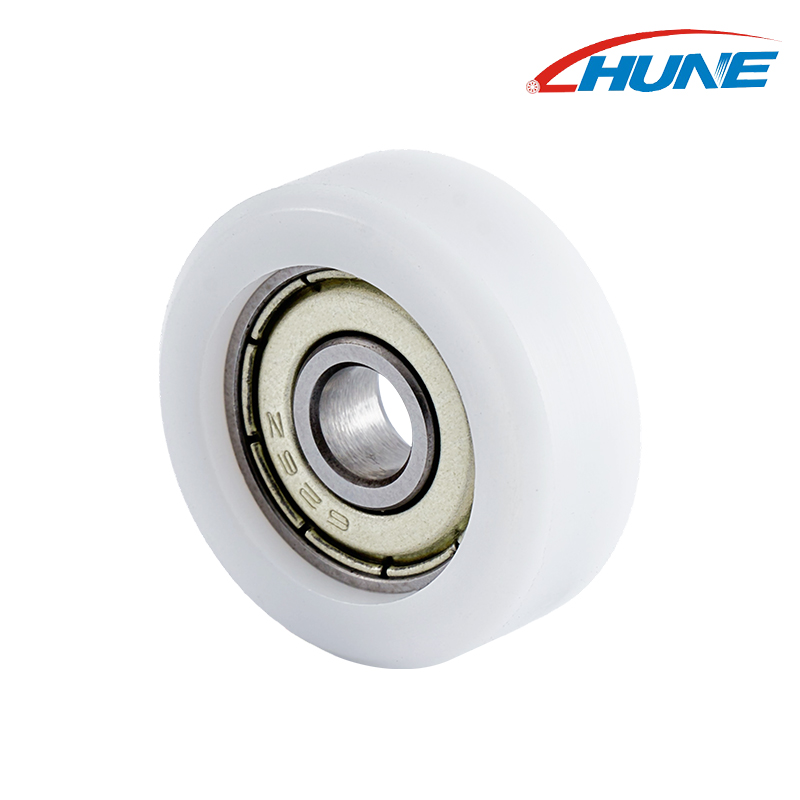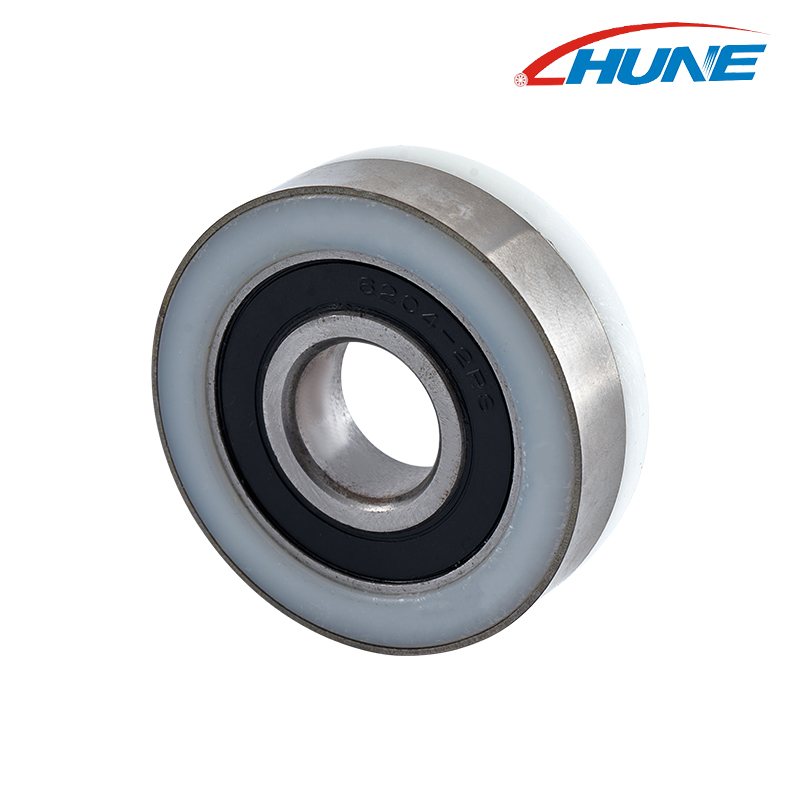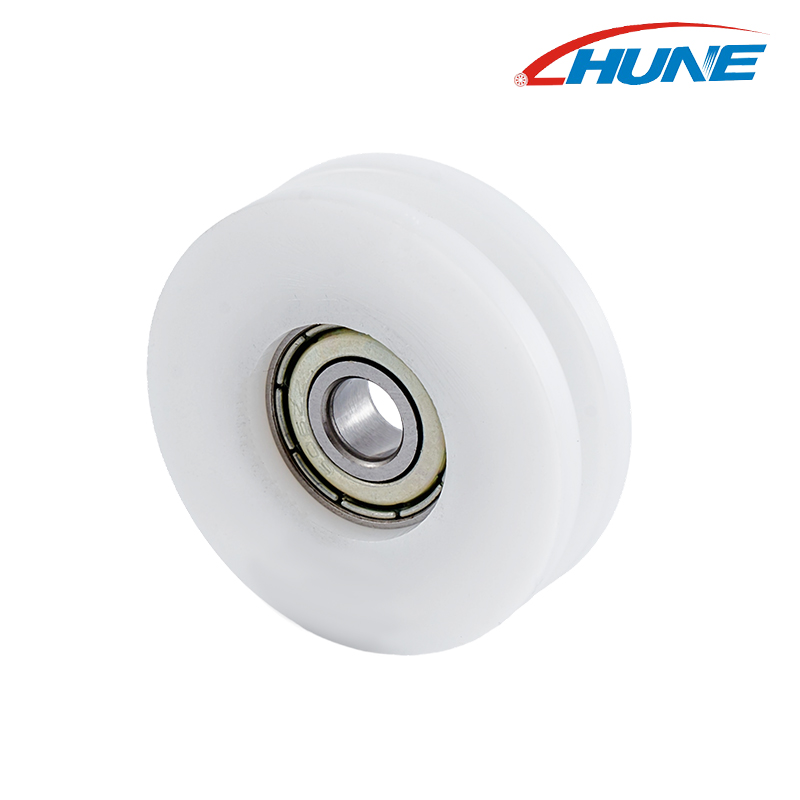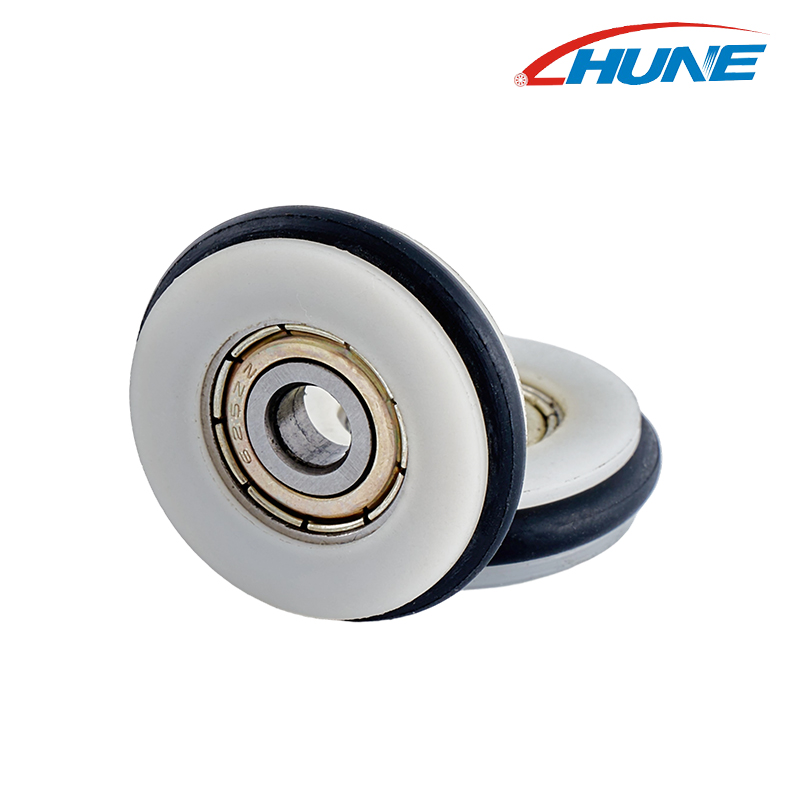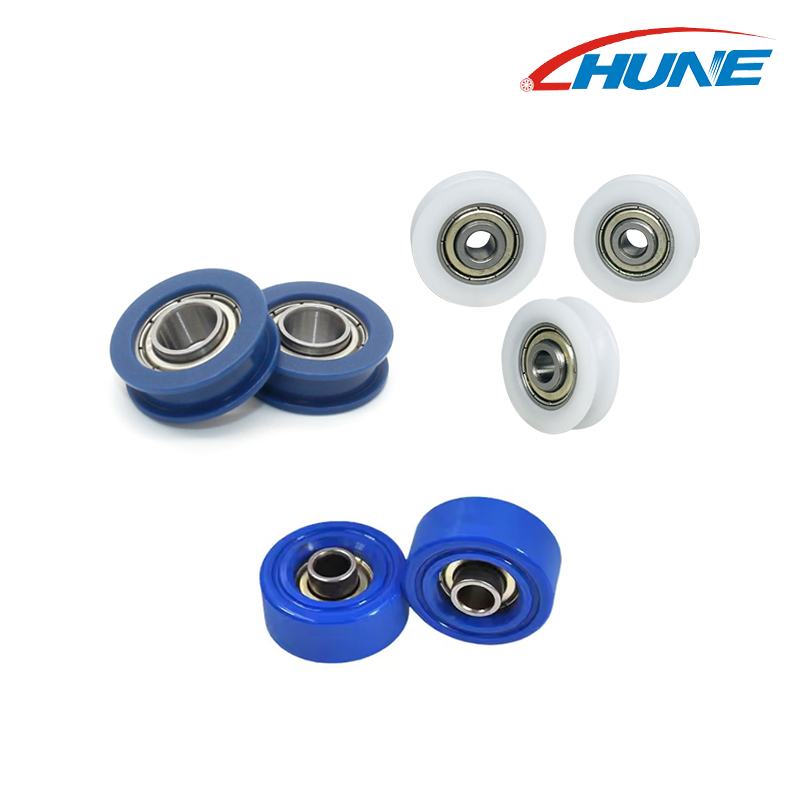Over the past few years, we have diligently pursued higher standards to enhance our product quality, aiming to deliver increased convenience and a better user experience.
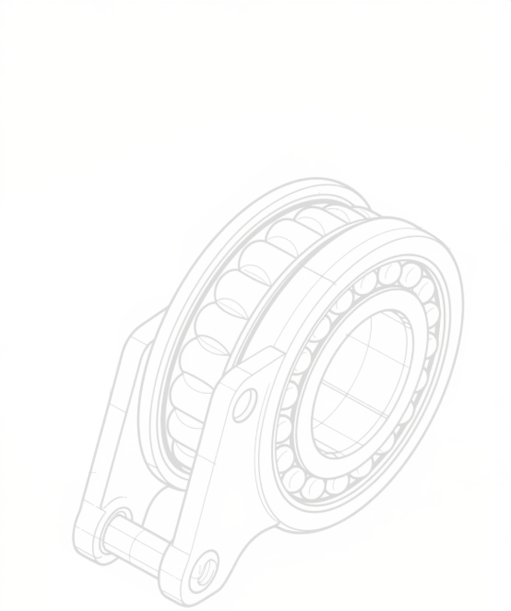
-
 0㎡Plant Area
0㎡Plant Area -
 0+Staff
0+Staff -
 0Established in
0Established in -
 0+Exporting Countries
0+Exporting Countries
Custom Plastic Pulley Wheels with Bearings – Built Exactly for Your Application
Today's machinery rarely settles for off-the-shelf parts. When precision, longevity, and specific operating conditions are non-negotiable, standard plastic pulleys simply don't cut it. Engineers in automation lines, medical devices, linear guides, sliding doors, and compact conveyor systems now expect pulley wheels with bearings that are built exactly to their application, down to the material, surface finish, groove profile, and bearing setup.
Material selection is usually the starting point.
- Nylon (PA) remains the go-to for most custom Plastic Pulley Wheels because it combines good strength, toughness, and slight flexibility that absorbs shock without cracking.
- POM (acetal) is chosen when dimensional stability, very low friction, and resistance to creep under continuous load are critical.
- For extreme chemical or temperature environments, we move to materials like PET, PEEK, or specially compounded grades.
Surface treatment and tread options are just as important.
A molded-in or overmolded polyurethane layer dramatically improves traction on steel cables or rails, cuts noise, and extends wear life. In cleanroom or noise-sensitive settings (hospitals, labs, precision assembly), a softer rubber or low-durometer PU coating is often specified. Proper bonding between the plastic core and the coating is non-negotiable; poor adhesion leads to delamination and premature failure in the field.
Bearing configuration is where many projects live or die.
Most designs start with deep-groove ball bearings, but we regularly supply:
- Double-row bearings for higher radial loads and better moment resistance
- Fully sealed or shielded bearings for dusty or wash-down environments
- Stainless or ceramic balls when corrosion or non-magnetic properties are required
- Precision press-fit or snap-ring retention to eliminate any play between the bearing outer ring and the plastic hub
The groove itself is frequently the make-or-break feature.
Whether it's a deep V-groove for round belts, a wide U-groove for wire rope, or a flat profile with guide flanges, even a 0.1 mm deviation in depth or angle can cause tracking issues and accelerated wear. Many customers now ask for custom multi-groove or asymmetrical profiles to run two different cables or belts on the same pulley without interference.
Additional customization options that save real money and headaches downstream include:
- Load and life testing in our lab before full production
- Color coding or material tinting for quick visual identification on assembly lines
- Laser-etched serial numbers, Data Matrix codes, or customer part numbers for traceability
- Special packaging or kitting for lean manufacturing cells
Because we use master mold frames with swappable inserts, a new custom pulley is rarely a six-figure tooling nightmare. Most projects are running samples in 3–4 weeks and cost only a small premium over a standard part.
End result: the pulley is no longer the weak point. It becomes the part you forget about because it just works – quietly, accurately, and for years.
If you're replacing pulleys more often than you'd like, or you're adding guides and tensioners just to keep a standard wheel happy, drop us your drawing or a photo of the current failure. We'll build you the pulley your machine has been asking for all along.






 English
English  Español
Español  日本語
日本語 


